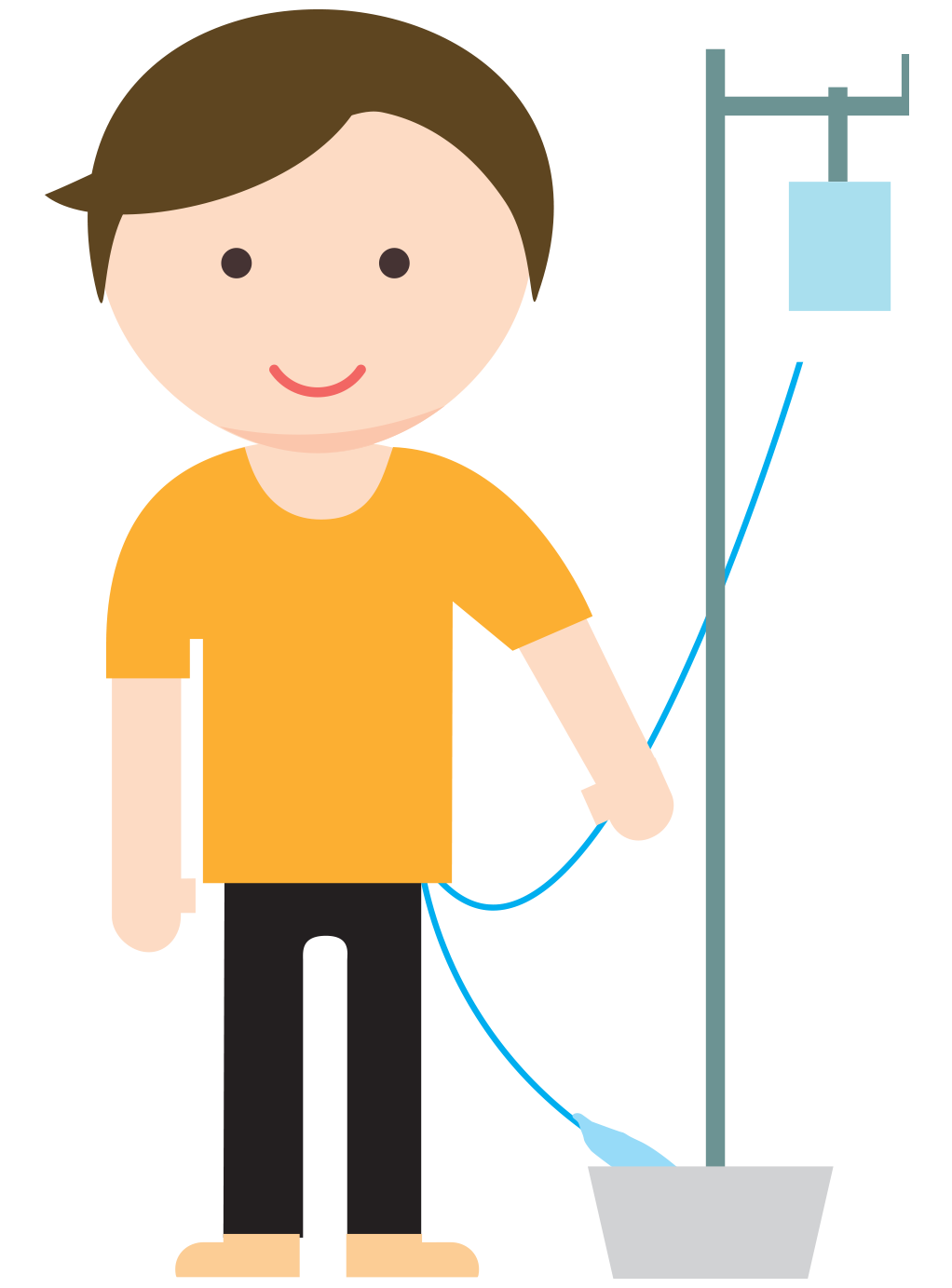Are you obese?
You may be risking kidney disease
In Singapore, obesity rates are rising. Being obese puts you at a higher risk of developing kidney disease. About 1 in 10 Singapore residents aged 18 to 74 years were obese in 2019-2020.*
Obesity happens when energy taken in from diet is greater than the energy expended during physical activity. This energy imbalance leads to weight gain, and eventually obesity. It may be a sure-sign that you are gaining extra weight if your clothes feel tighter. Let us look at some of the ways you can check your risk profile!
The first method is to estimate your BMI (body-mass-index). This is a widely accepted method of categorising weight, based on a formula derived from your height and weight. Your BMI is a great indicator of your risk profile for developing chronic diseases (e.g diabetes, hypertension, chronic kidney disease).
* Ministry of Health’s National Population Health Survey 2020
How to calculate your BMI
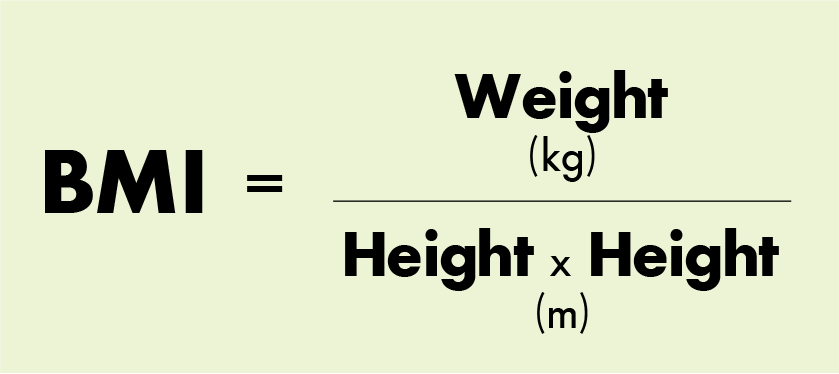
BMI ranges

(Healthhub, Dec 2021)
The second method is to measure your waist circumference. This method estimates your central body fat content and is also a predictor of cardiovascular risk.
| High health risk | |
|---|---|
| Male | >90cm (>35 inches) |
| Female | >80cm (>31inches) |
I am at risk! What should I do to manage my weight and prevent kidney disease?
Dietary habits and physical activity play crucial roles in weight management. Take charge of your health with lifestyle changes to keep kidney disease at bay!
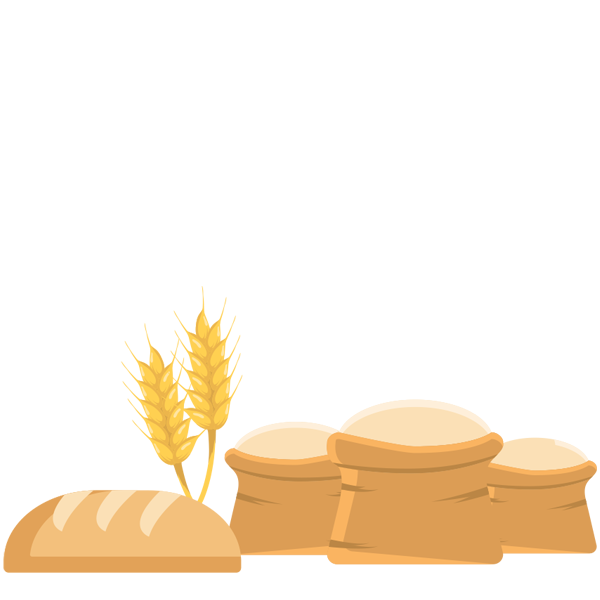
1
Choose wholegrains: Rich in dietary fibre, wholegrains promotes satiety and prevents overeating. Wholegrains can also help improve blood sugar and cholesterol levels.
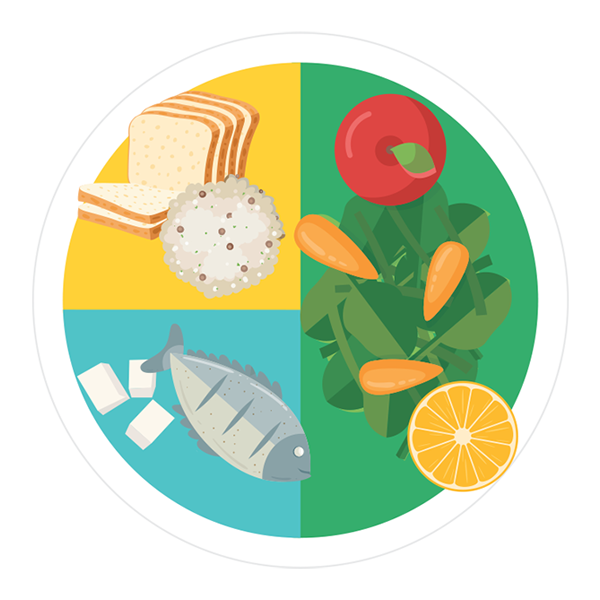
2
Heathy, balanced diet with portion control: Practise mindful eating and follow My Healthy Plate to plan your portions!
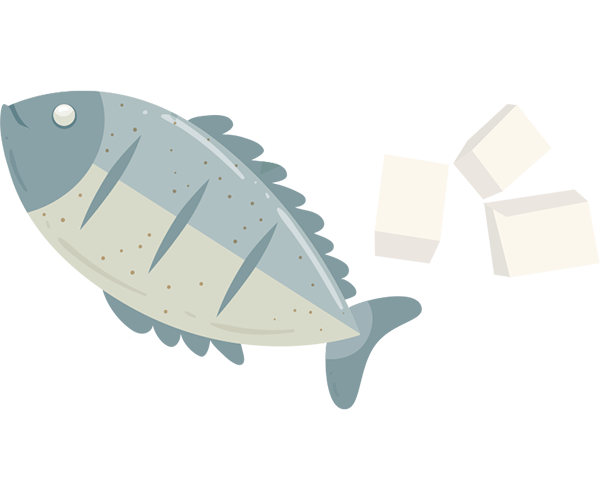
3
Protein power: Have a mix of protein. Protein is a macronutrient that supports your immune system, enables muscle growth and also helps with satiation. Try to include fish in your diet twice a week. Don’t forget about plant-based protein such as tofu, which is a heart healthy protein too!

4
Aim for 2+2 servings of fruits and vegetables daily. Having a variety of fruit and vegetables in your diet can lower your risk of developing heart disease, stroke and certain types of cancer. Take a portion of fruit after your meal to feel full without feeling hungry for more!
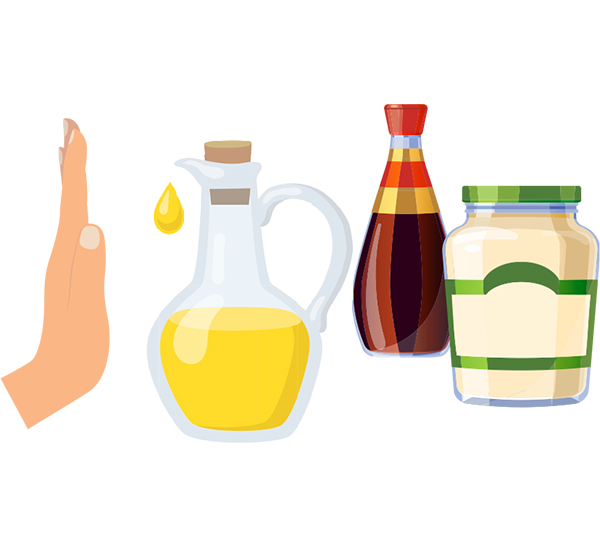
5
Use less oil, less gravy, less sauce: Oils and fats have significantly higher calories (energy) and can lead to obesity easily.

6
Aim for 150 minutes of moderate intensity physical activity in a week.


